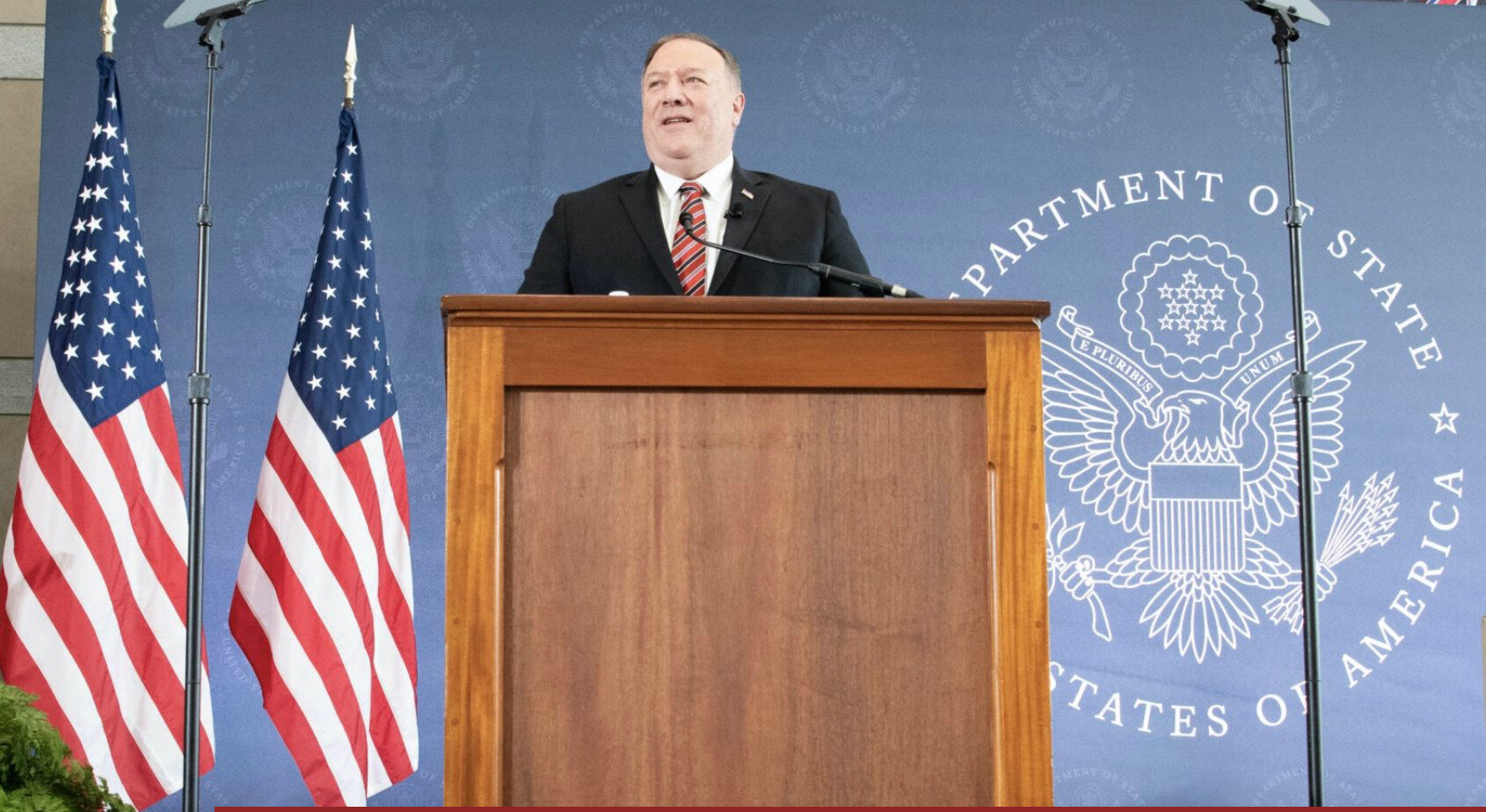In an article published recently in Providence, Paul Marshall, Senior Fellow with the Religious Freedom Institute, explores criticisms of the July 2019 draft report of the Department of State’s Commission on Unalienable Rights. Marshall observes:
Many simply denounced the commission’s mandate, denied the worth of its analyses, and rejected its purposes as partisan. Several condemned it because it did not take their desired political positions. Others added the more substantial complaints that the commission establishes a “hierarchy” of rights and draws a distinction between “civil and political rights,” such as freedom of speech and equality before the law, and “economic and social rights.”
Marshall continues:
Most responses to and criticisms of the report … are political critiques that do not really engage its substantive issues. It is as though there were no real questions that need to be addressed as to what human rights actually are, or what should count as a human right. The criticisms elide and avoid the question of what does it mean to say that something is a human right. This is a doubly dangerous move when the notion of human rights is under analytical, theoretical, and vicious political assault, both at home and abroad.
Careful examination of the notion of human rights is necessary at this time, Marshall argues, because it is “perhaps the most confused concept in our political vocabulary.” Offering his initial contribution to this task, Marshall draws a number of vital distinctions. He begins by distinguishing between “politically desirable outcomes and human rights.”
Otherwise, rights will lose their special cachet, intrinsic importance, and ability to trump or rightfully override other more mundane, even if important, policy choices. If governments do not make this distinction, human rights will necessarily dissolve into our usual policy fights. If everything properly desired is a human right, the notion of human rights has eroded and disappeared. A right becomes simply a desired political outcome.
Read the full article: The World Needs Clarity on Human Rights.
THE RFI BLOG

Does Southeast Asia Lead the World in Human Flourishing?

RFI Leads Training Session on Religious Freedom Law and Policy for U.S. Army War College

Oral Argument in Charter School Case Highlights Unconstitutional Motives Behind OK Attorney General’s Establishment Clause Claim

Largest Longitudinal Study of Human Flourishing Ever Shows Religion’s Importance

Keys To Human Flourishing: Faith And Relationships Outweigh Wealth
CORNERSTONE FORUM

Reaffirming Religious Freedom: Bridging U.S. Advocacy and Iraq’s Constitutional Framework

Political Polarization, Same-Sex Marriage and Religious Liberty

Bridging the Gap Between International Efforts and Local Realities: Advancing Religious Freedom in the MENA Region

Challenges to Religious Freedom in Iraq and the Critical Need for Action


